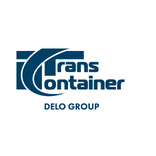US exporters call for closer supervision of shipping line alliances
Agricultural exporters in the US have called on authorities to impose stricter scrutiny of shipping line alliances and the behavior of shipping lines during the pandemic.
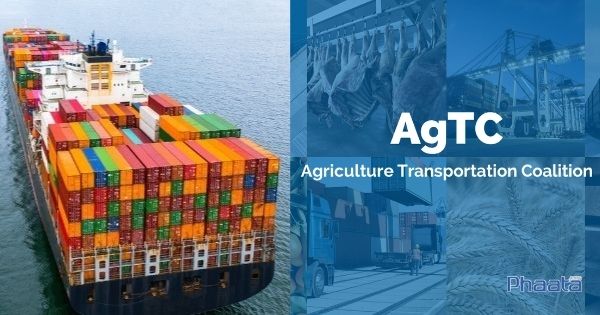
US exporters call for closer supervision of shipping line alliances (Photo:Phaata)
The Agriculture Transportation Coalition (AgTC) of the US said: Today a system of global alliances dominates global shipping, where nine carriers that have been organised into three alliances controlling about 80% of the global shipping market, and 95% on the critical east-west tradelanes.”
AgTC added: “Alliances only controlled 29% of the market as recently as 2011".
“This lack of competition leaves American businesses at the mercy of just three alliances. Retailers are charged fees for their container remaining on the docks, even if there is no way to move their containers. If the alliances decide to not accept exports, agricultural exporters will not be able to fulfil their contracts, and farmers’ perishable products may be left to rot.”
However, the AgTC acknowledged recent improvements at the ports of Los Angeles and Long Beach and noted that 60,000 empty containers have now been moved from the two West Coast ports, while the number of containers lying on the docks for more than nine days was reduced by a third in the first two weeks of November.
The AgTC said the congestion charge has been deferred by shipping lines in ports that have supported "long-dwelling containers" - a successful move.
Reducing the number of containers has allowed more space for containers to be unloaded and trucks can be maneuvered. But the AgTC points out that “thousands of empty containers remain on the docks, often sitting on chassis.”
"The ocean carriers have now agreed to clear more of these empties from the docks faster, including bringing in vessels dedicated to empty removal. Based on these new commitments, they have already cleared out 60,000, with commitments to remove another 28,000", the AgTC explains.
But the shipping line union argues that "more work is needed" and that the current system has raised questions "about fair treatment".
Increasing costs of shipping between Asia to the West Coast mean that it is better for carriers to quickly load empty containers, or turn around without being full, rather than having to wait for the containers to fill up goods are loaded into the port.
“The share of exported containers at the two ports that are empty has risen from around 55% in the five years preceding the pandemic, to over 70% so far this year.”
The AgTC has called on the FMC to use more tools to scrutinize carriers.
For example, while the alliances between carriers receive statutory immunity from antitrust laws, the FMC can challenge those agreements if they ‘produce an unreasonable reduction in transport service or an unreasonable increase in transport cost or … substantially lessen competition’
“For example, while the alliances between carriers receive statutory immunity from antitrust laws, the FMC can challenge those agreements if they ‘produce an unreasonable reduction in transport service or an unreasonable increase in transport cost or … substantially lessen competition,’' the AgTC said.
The AgTC also urged Congress to give the FMC more money (its annual budget is $30 million) to oversee shipping and clarify transparency laws, such as public reporting of detention and demurrage fees.
“Moreover, Congress should provide the FMC an updated toolbox to protect exporters, importers, and consumers from unfair practices.”
Last week, FMC said it was forming 'six supply chain innovation teams', which will begin meeting on December 1, to determine where improvements to processes can be made.
FMC Commissioner Rebecca Dye said the goal was for truckers to be able to make dual moves and bring certainty to processes about the earliest container return date.
“Achieving double moves for truckers would improve productivity and remove a constant source of conflict over container return, as well as resolve problems with appointment systems and chassis shortages,” she said.
“Earliest return date confusion is a terrible problem for US exporters. This reform would also remove the constant problem to US agricultural exporters of demurrage and detention charges that are not in compliance with our interpretative rule,” she added.
Yesterday, the ports of Los Angeles and Long Beach released a rough estimate that 849,000 containers of cargo were imported in October, bringing the number of containers imported from January through October to 8.6 million, an increase of 16 % from the previous record set in 2018.
And major shippers say their inventories are improving, with Walmart's US inventory growing 11.5% in the quarter.
See more:
- New record: 81 container ships waiting outside the ports of Los Angeles and Long Beach
- Port of Los Angeles grows fast in container handling but the joy is not complete
- US FMC investigates eight container shipping lines for congestion surcharges
Source: Phaata.com (According to The Loadstar)
Phaata.com - Vietnam's First Global Logistics Marketplace
► Connect Shippers & Logistics companies faster


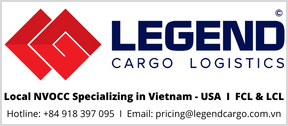




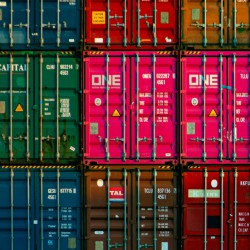





.png)

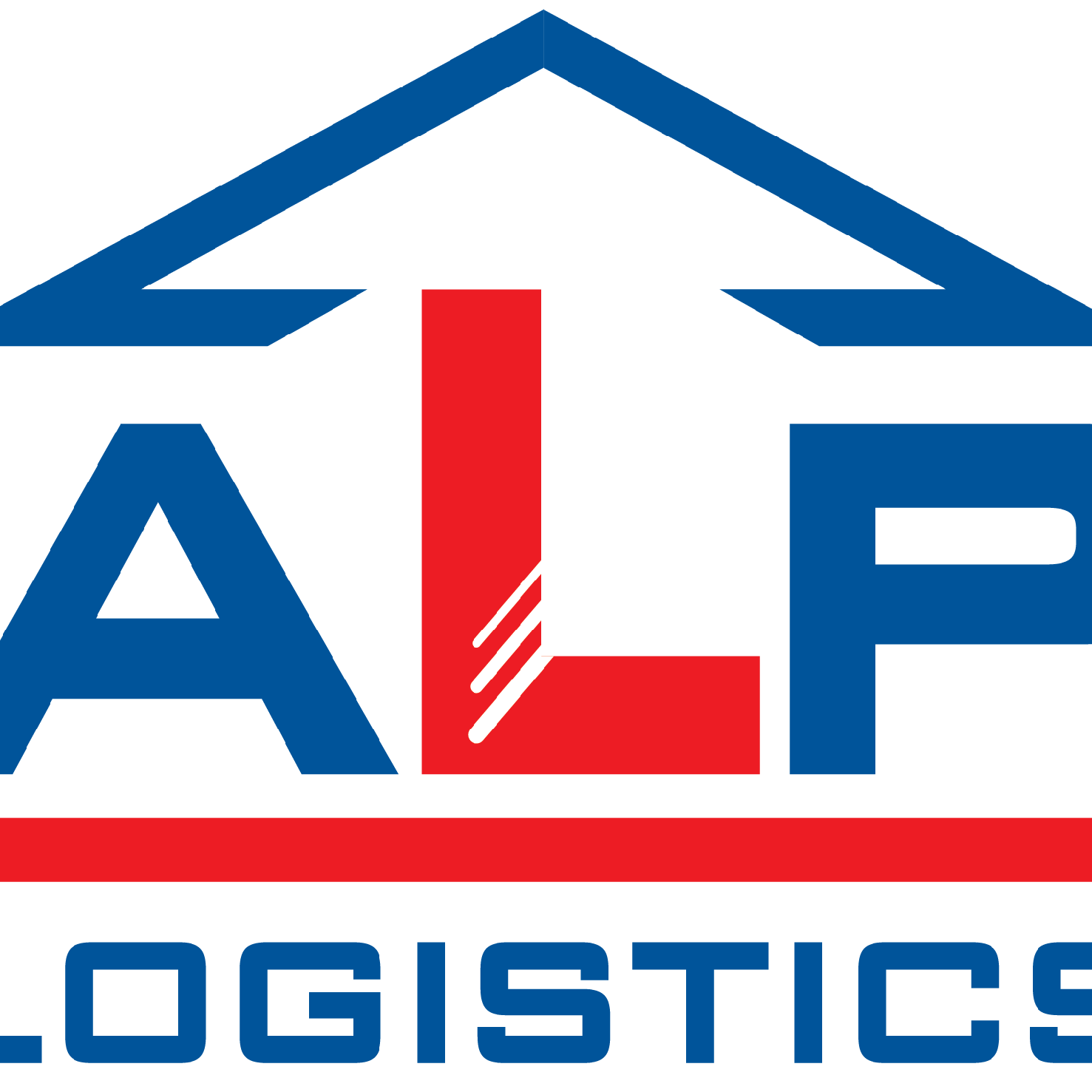
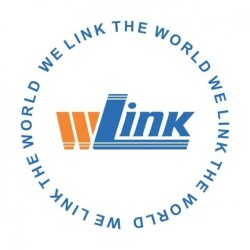

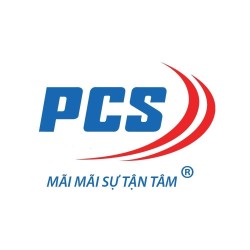




.jpg)
